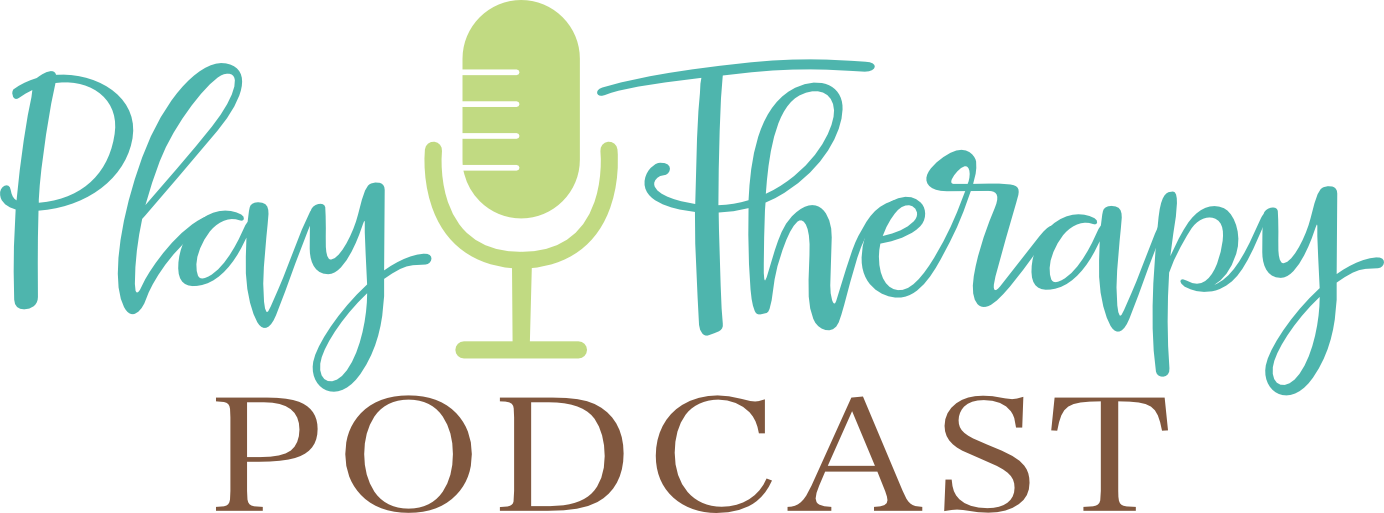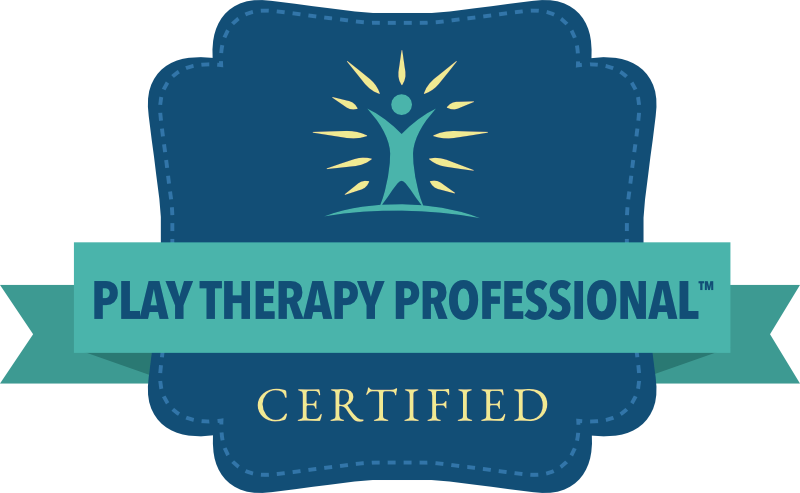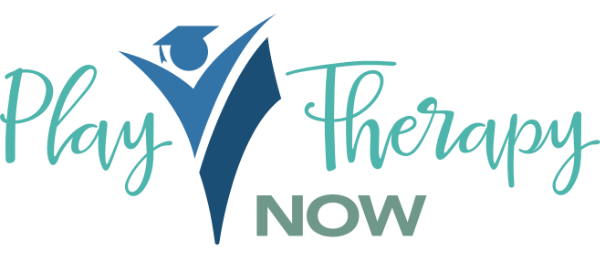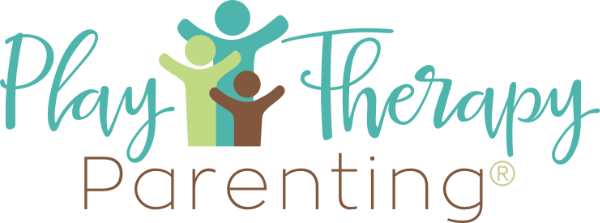Understanding the Foundation: Landreth’s 10 Tenets of Child-Centered Play Therapy
In this episode of the Play Therapy Podcast, I continue our ongoing summer school series, focusing on Garry Landreth’s “The Art of the Relationship” (4th edition). I discuss the 10 tenets of relating to children from a child-centered perspective, which form the foundation for all our therapeutic work.
I explain how these tenets provide a framework for child-centered play therapy, helping therapists cultivate relationships that honor children as complete persons. This approach allows children to do the work they need within a respectful and understanding environment.
Episode Reference:
Landreth, G.L. (2023). Play Therapy: The Art of the Relationship (4th ed.). Routledge. https://doi.org/10.4324/9781003255796
Sign up for my exclusive newsletter at playtherapynow.com. Stay ahead with the latest CCPT CEU courses, personalized coaching opportunities and other opportunities you need to thrive in your CCPT practice!
Ask Me Questions: Call (813) 812-5525, or email: [email protected]
Brenna’s CCPT Hub: https://www.playtherapynow.com
CCPT Collective (online community exclusively for CCPTs): https://www.ccptcollective.com
Podcast HQ: https://www.playtherapypodcast.com
APT Approved Play Therapy CE courses: https://childcenteredtraining.com
Twitter: @thekidcounselor https://twitter.com/thekidcounselor
Facebook: https://facebook.com/playtherapypodcast
Common References:
Cochran, N., Nordling, W., & Cochran, J. (2010). Child-Centered Play Therapy (1st ed.). Wiley.
VanFleet, R., Sywulak, A. E., & Sniscak, C. C. (2010). Child-centered play therapy. Guilford Press.
Landreth, G. L. (2002). Play therapy: The art of the relationship (2nd ed.). Brunner-Routledge.
Bratton, S. C., Landreth, G. L., Kellam, T., & Blackard, S. R. (2006). Child parent relationship therapy (CPRT) treatment manual: A 10-session filial therapy model for training parents. Routledge/Taylor & Francis Group.
Benedict, Helen. Themes in Play Therapy. Used with permission to Heartland Play Therapy Institute.
The 10 Tenets of Child-Centered Play Therapy
As part of our summer school series, we’re diving into Garry Landreth’s “The Art of the Relationship” (4th edition). Today, we’ll explore the 10 tenets of relating to children from a child-centered perspective. These tenets are crucial because they set the stage for everything we do in play therapy – all the skill work, clinical work, and techniques we need to learn hinge on these fundamental tenets.
The Importance of a Child-Centered Framework
Before we delve into the tenets, it’s essential to understand that child-centered play therapy isn’t a haphazard approach where we do whatever we think is best in the moment because the child is leading. Instead, we have a clear framework and system that supports our work. These 10 tenets are the beginning of understanding of that framework.
The 10 Tenets of Relating to Children
1. Children are not miniature adults
This tenet is so fundamental it could be a standalone lesson. We must remember that children are not on our level as adults, and we should never respond to them as if they were.
2. Children are people
Children are capable of experiencing deep emotions. They feel joy, pain, sorrow, excitement, and pride – everything involved in existing in the world.
3. Children are unique and worthy of respect
We recognize and honor the uniqueness of every child. Sadly, children are often given little respect in their daily lives, but in our interactions, we treat them with the dignity they deserve.
4. Children are resilient
Children possess a tremendous capacity to overcome various situations, obstacles, and experiences. Our approach honors this resilience.
5. Children have an inherent tendency toward growth and maturity
Children possess inner wisdom, insight, and knowledge. Our role is to provide the space for this natural tendency to flourish, serving as therapeutic guardrails rather than forcing them in a particular direction.
6. Children are capable of positive self-direction
Given time, tools, and opportunity, children will figure things out and deal with their lives in creative ways.
7. Children’s natural language is play
While we shouldn’t use the phrase “play is the child’s language and toys are their words” to explain play therapy to parents, we recognize that play is indeed their most comfortable state of communication.
8. Children have a right to remain silent
This tenet is particularly important when faced with silent sessions. We must respect a child’s decision not to talk, regardless of the reason.
9. Children will take the therapeutic experience to where they need to be
We don’t determine when, how, or why a child should play. They know how to guide themselves and will take their experience exactly where it needs to go.
10. Children’s growth cannot be sped up
It’s crucial to be patient with each child’s individual process. We shouldn’t rush or force growth, even when faced with external pressures or our own expectations.
Respecting Children as Persons in Their Own Right
Dr. Landreth emphasizes that children are persons in their own right, not becoming persons upon reaching a certain age or meeting specific criteria. Each child is a unique personality, and this uniqueness is not dependent on any significant person in their life or their behavior.
The Foundation of Child-Centered Play Therapy
By cultivating relationships that honor these 10 tenets, we create the foundation for effective child-centered play therapy. Through these respectful, understanding relationships, children are able to do the work they need to do.
Understanding and implementing these tenets is crucial for any play therapist. They provide a grounding framework that centers our practice and reminds us of the core principles of child-centered play therapy. As we continue our summer school series, we’ll explore more foundational texts and important information to enhance your practice.
Remember, everything in child-centered play therapy has a foundation, and these tenets are where we start. By honoring these principles, we create an environment where children can grow, heal, and thrive.
Reference:
Landreth, G.L. (2023). Play Therapy: The Art of the Relationship (4th ed.). Routledge. https://doi.org/10.4324/9781003255796








